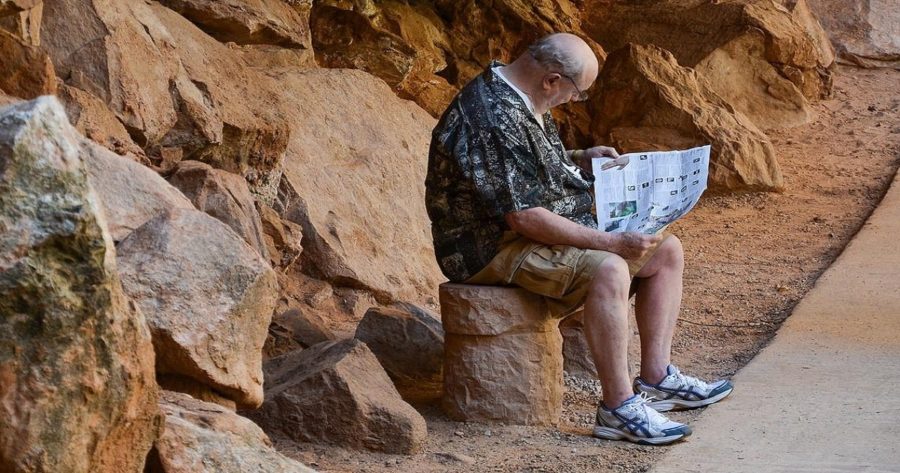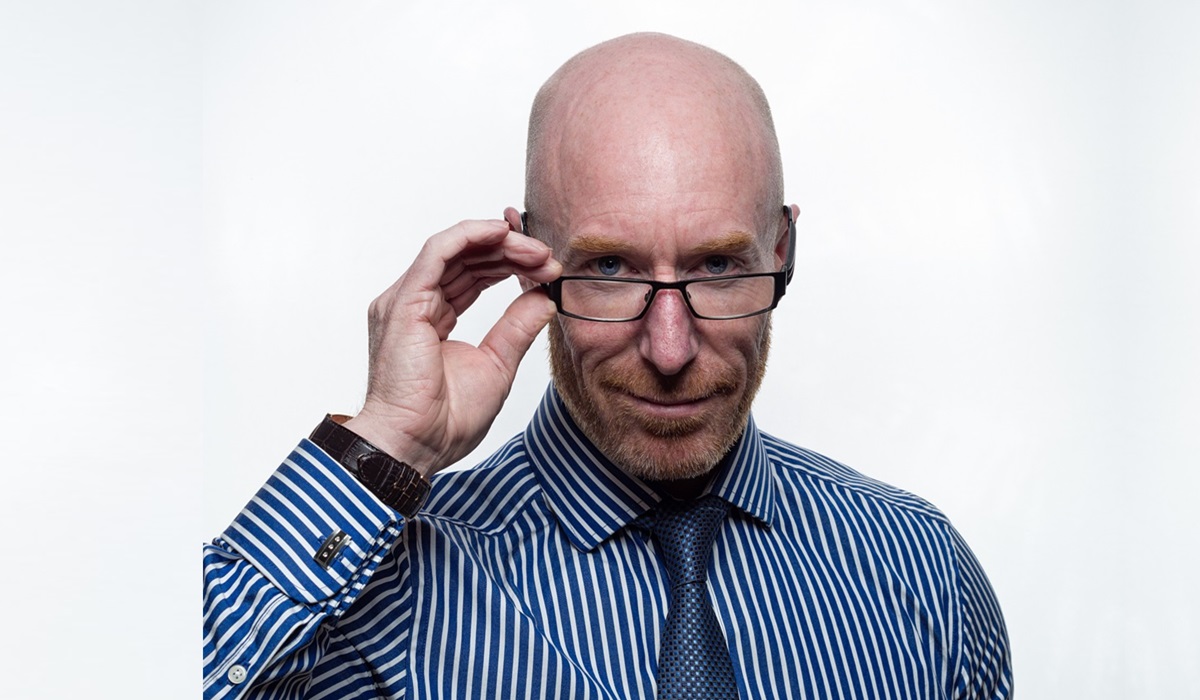Ageism: Does it Exist or Is It a Form of ‘I’m a Victim!’ Mentality? [ Part 1 ]
- Nick Kossovan
- The Art of Finding Work
- July 26, 2022

Get over your victim mentality. Be honest with yourself.
This is the first of a 4-part series dealing with ageism while job hunting.
Many job seekers, young and old, play the ageism card. This card, sometimes along with others, is used to avoid accountability. People look for excuses when they don’t get what they want or feel entitled to.
“This happened to be because…”
“I’m not getting opportunities because…”
Egos sabotage job searches. Egos kill careers. Egos create narratives that create limiting beliefs and that biggest turnoff of all, a sense of entitlement.
The truth is everyone has an “ism,” sometimes several, which either needs to be overcome, spun as a strength, or simply accepted. Another truth: Employers have the right to do what they feel is best for their business—to protect their self-interest.
When you lose any sense of feeling entitled—that you’re owed—most of your self-limiting beliefs disappear. As a result, you see there are opportunities all around you, with one caveat—you must earn them.
Your age, gender, sexual orientation, political ideology, religion, race and what you believe doesn’t play as significant a role in an employer’s hiring decisions as you’ve been led to believe. However, this doesn’t mean the workplace is a level playing field.
In a holistic sense, the workplace was never intended to be a level playing field. How can it be when every employer’s survival depends on generating and maintaining revenue? Every employer-employee relationship is based on what every business needs to survive: creating a profit. Thus, understandably employers place a higher value on employees whose work directly impacts their revenue (generates, reduces costs, increases efficiency, retains customers) than on employees whose ROI isn’t easily quantifiable.
Since all employers are profit-seekers, job hunters who demonstrate an undeniable track record via their result-oriented resume and LinkedIn profile of influencing their previous employer’s bottom line rarely encounter perceived “isms.”
As regular readers of my column know, I base my pragmatic job search advice on four truisms:
- Employers don’t owe you anything and aren’t responsible for keeping the workforce employed.
- Employers own their hiring process. Employers define their culture and therefore have the right to hire whomever they want.
- Applying to job postings is equivalent to playing the lottery; you’re expecting a stranger to hire you.
- Job seekers tend to overestimate their value to employers. (Rare is the employee who can quantify their value to their employer.)
All “isms” exist because of a perceived risk. When it comes to ageism, which undoubtedly exists for ALL AGES, a candidate’s age isn’t the issue. (READ: concern) The various “risks” that are believed to come with the candidate’s age, whether 33 or 53, is the issue. A hiring manager may assume older candidates are less technologically savvy, want a higher salary, or have health issues. In contrast, the same hiring manager may assume younger candidates, especially recent graduates, don’t have enough experience, are too demanding of employers, or don’t have a strong work ethic.
There are hiring managers who prefer young candidates, and there are hiring managers who prefer mature candidates. Long overdue is a non-judgmental conversation if perceived “age risks” are valid.
Job seekers conveniently forget that when the hiring manager green lights a candidate, the entire company sees their hiring decision. From the hiring manager’s perspective, you can see that minimizing hiring risks and being seen as competent when it comes to hiring are reasonable goals. Hiring managers are human and therefore, without exception, incorporate their biases into hiring decisions, hoping to minimize hiring risks.
Hiring is choosing. Choosing requires discriminating against those not selected, which means there’s an architecture to all “isms,” especially when it comes to an across-the-board “ism” such as ageism. We all have one undeniable commonality, everyone gets old. This human fact makes ageism ironic. One day, the hiring manager practicing ageism will be the candidate’s age or was once the candidate’s age looking for a break.
Aging is a natural part of life. It’s not a problem to be solved. It’s a blessing to grow old gracefully while enjoying relatively good health. Who doesn’t hope to live a long and healthy life?
What’s never discussed is what’s keeping ageism alive—other “isms” have their own reasons for staying alive—and what, if anything, can be done about it. Such a discussion requires looking at the employer’s side of the hiring process, which I’ll discuss in my next column. Maybe it’ll start that long overdue conversation I mentioned earlier. For now, I’ll leave you with the following truism: Employers are risk averse (more so these days). Therefore, when job hunting, no matter your age or whatever “ism” you believe you have against you, always present yourself as the least risky hiring option.
______________________________________________________________
Nick Kossovan, a well-seasoned veteran of the corporate landscape, offers advice on searching for a job. You can send Nick your questions at artoffindingwork@gmail.com.








